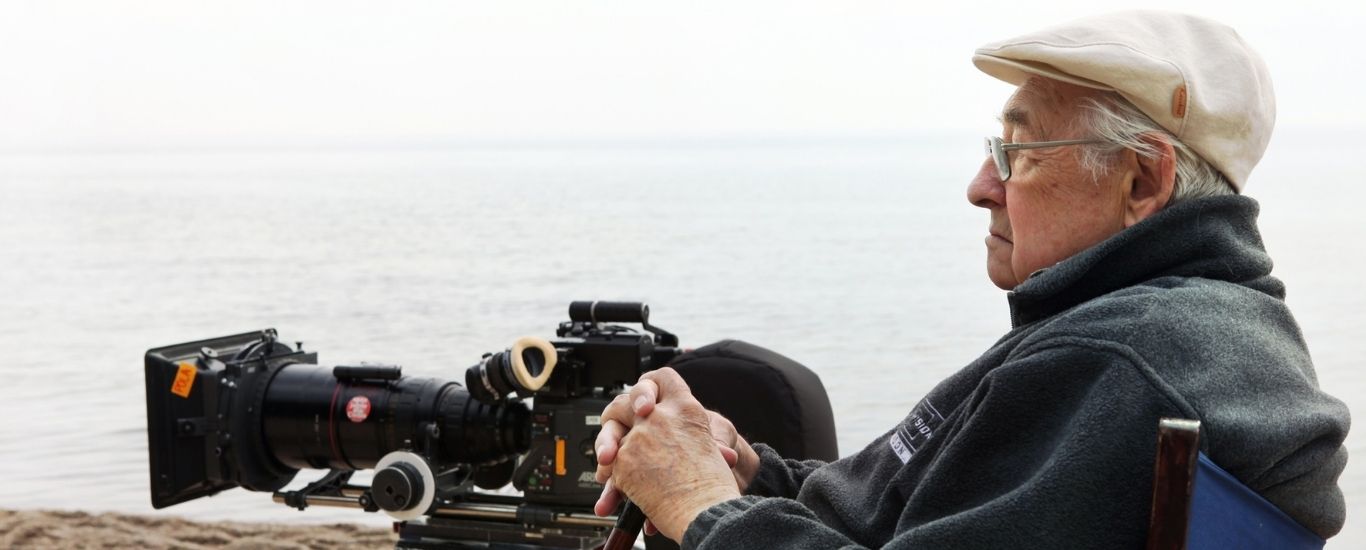The father of modern Polish cinema, Andrzej Wajda (1926) usually narrates the predicaments of people who are caught in the grip of societal and political events over which they don’t have control. Wajda, who contributed in the creation of a new cultural and political climate in Poland, was born to a cavalry officer who got killed during the Katyn massacre. He joined the Resistance when he was just 16. After the war, he studied fine arts in Krakow and attended to Lódz Film School.
His trilogy of films, which started with his first feature Pokolenie / A generation (1954), continued with the first film ever made about the Warsaw Uprising, Kanal (1956) and completed with his masterpiece Popiól i diament / Ashes and Diamonds (1958), depicts the social and psychological pains caused by war. They also mark the start of Polish school in film which he started. The director not only started the Polish school with his famous trilogy, but also reached audiences in other countries. In early ‘70s, he founded his own production unit “Unit X”. He aligned himself with young directors like Agnieszka Holland and Ryszard Bugajski. He took advantage of his international prestige to realize projects that were considered politically “difficult”. He received an Honorary Oscar in 2000, for his more than 35 films. Wajda made another trilogy. In Man of Marble (1977) and Man of Iron (1980) he documented the increasing social unrest in his country and openly supported the Solidarity. The last film in his trilogy, Walesa Man of Hope, which will be screened at this year’s festival, brought him a fifth Oscar nomination in the Best Foreign Language Film category.









